Original author: Spark1645.
From Wikipedia, the free encyclopedia
The North American Aviation XA2J Super Savage was a prototype carrier-based attack aircraft built in the early 1950s. It was developed by North American Aviation (NAA) from the smaller AJ Savage.
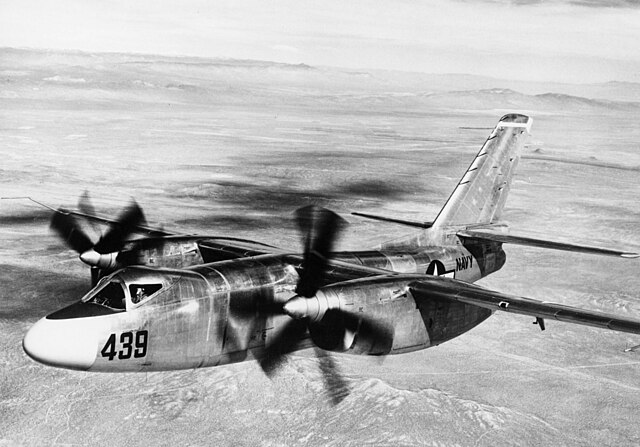
Design and development
Black and white two-view image of propeller-driven aircraft with wings folded
The XA2J-1 with folded wings
The XA2J was intended to be a turboprop-powered derivative of the AJ Savage, with the design as initially proposed in December 1947 a simple modification of the Savage, with extensive use of components of the earlier aircraft. The design gradually evolved, however, to improve performance and increase compatibility with operations from aircraft carriers,[1] as it was recognized that the AJ Savage was deficient in performance and was a less-than-satisfactory carrier aircraft.[2]
The XA2J-1 during its first flight at Edwards Air Force Base, California, on 4 January 1952
The A2J was essentially an enlarged AJ Savage with the two reciprocating engines replaced with two Allison T40 turboprop engines and removal of the tail-mounted turbojet. Like the AJ, it was a high-winged monoplane with unswept wings. The wings were fitted with leading edge slats and large trailing edge flaps, and folded outside of the engine nacelles to ease storage aboard ship. It had a crew of three: pilot, co-pilot/bombardier, and gunner who sat in a pressurised cabin in the nose of the aircraft. Up to 10,500 lb (4,800 kg) of bombs could be carried in a large enclosed bomb-bay in the center fuselage, while the planned defensive armament was a remotely controlled tail turret with two 20 mm cannon.

Specifications
General Characteristics
- Created On Windows
- Wingspan 71.4ft (21.8m)
- Length 70.3ft (21.4m)
- Height 24.0ft (7.3m)
- Empty Weight 34,641lbs (15,713kg)
- Loaded Weight 46,738lbs (21,200kg)
Performance
- Horse Power/Weight Ratio 0.256
- Wing Loading 37.2lbs/ft2 (181.8kg/m2)
- Wing Area 1,255.3ft2 (116.6m2)
- Drag Points 19557
Parts
- Number of Parts 212
- Control Surfaces 5
- Performance Cost 1,028

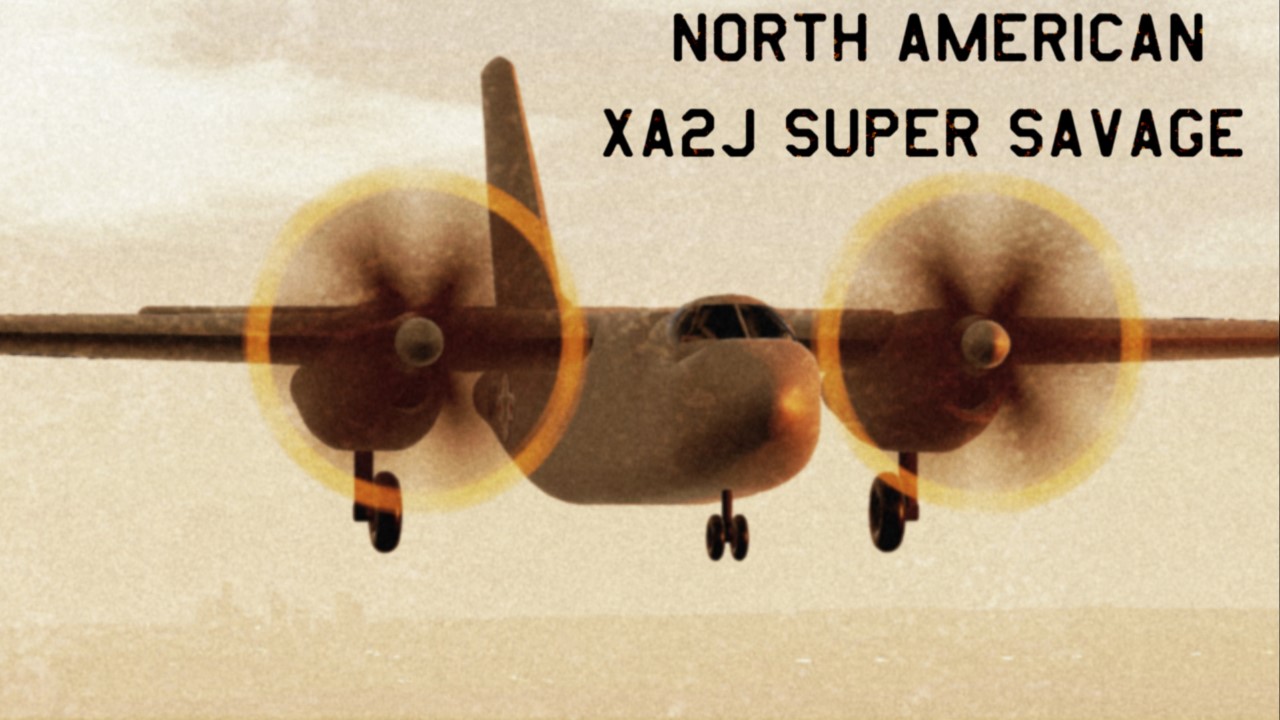
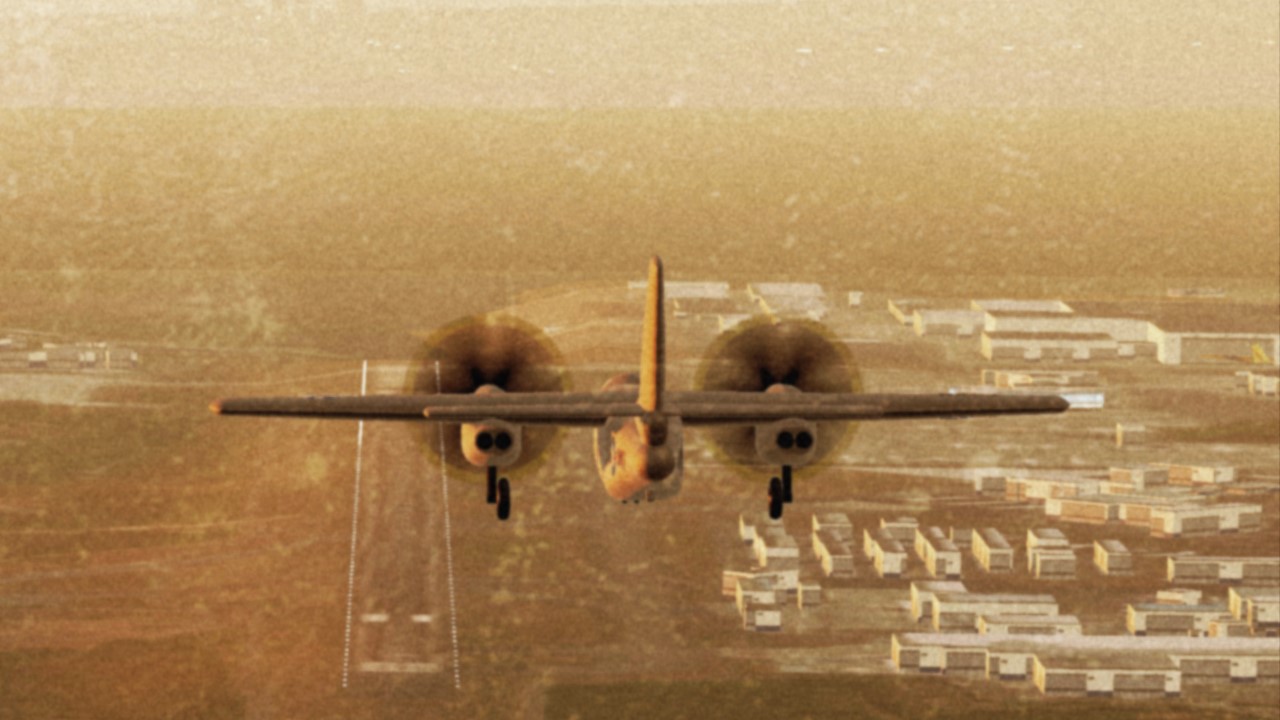
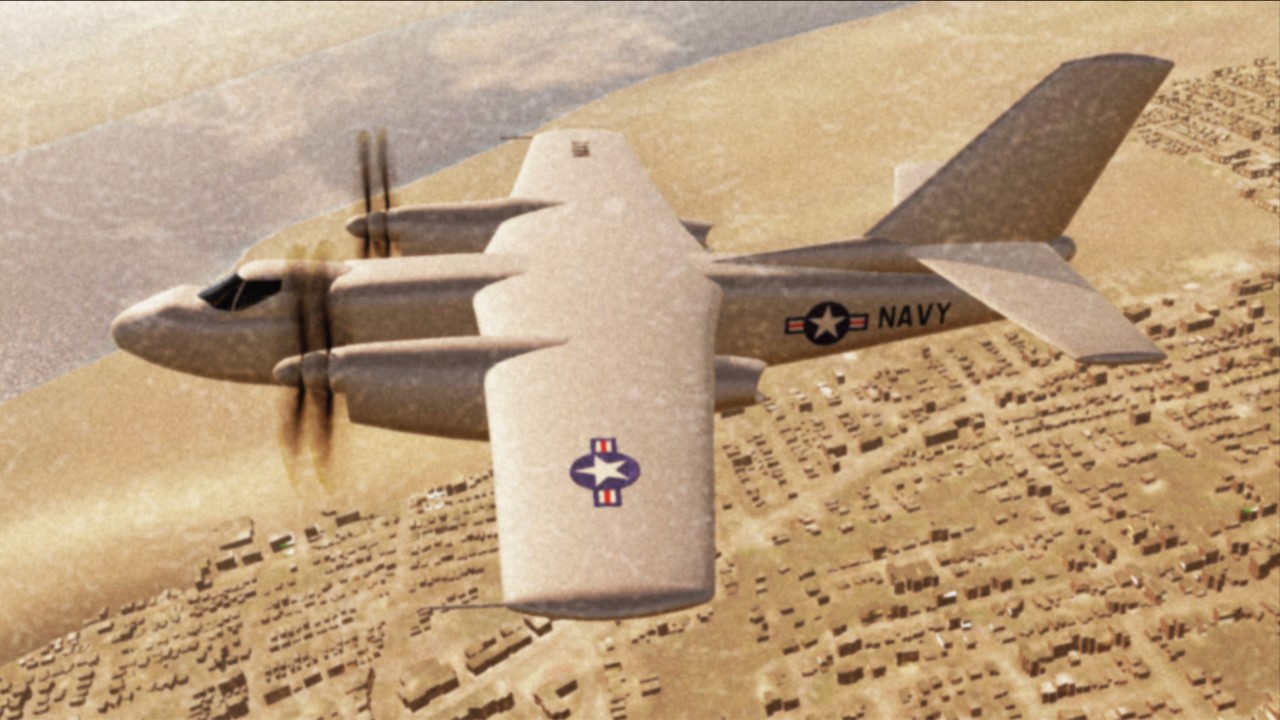
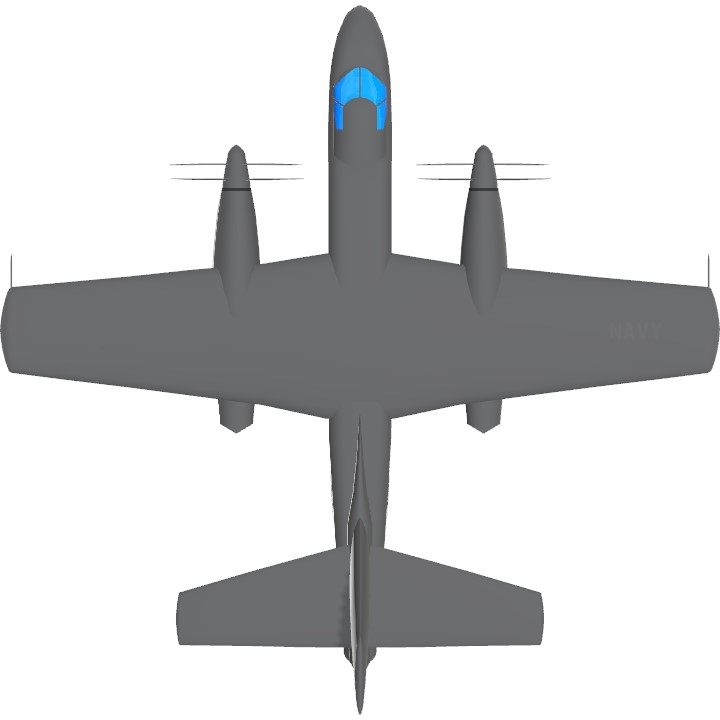
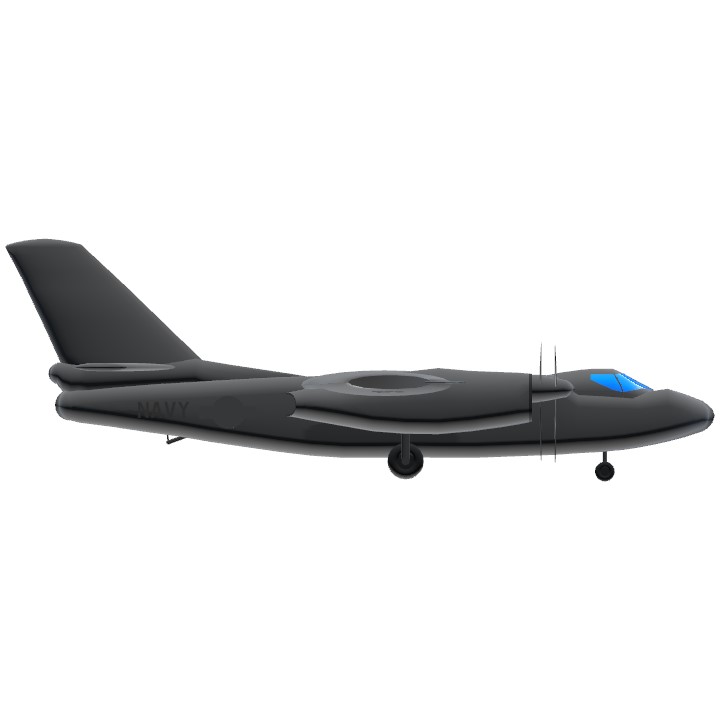
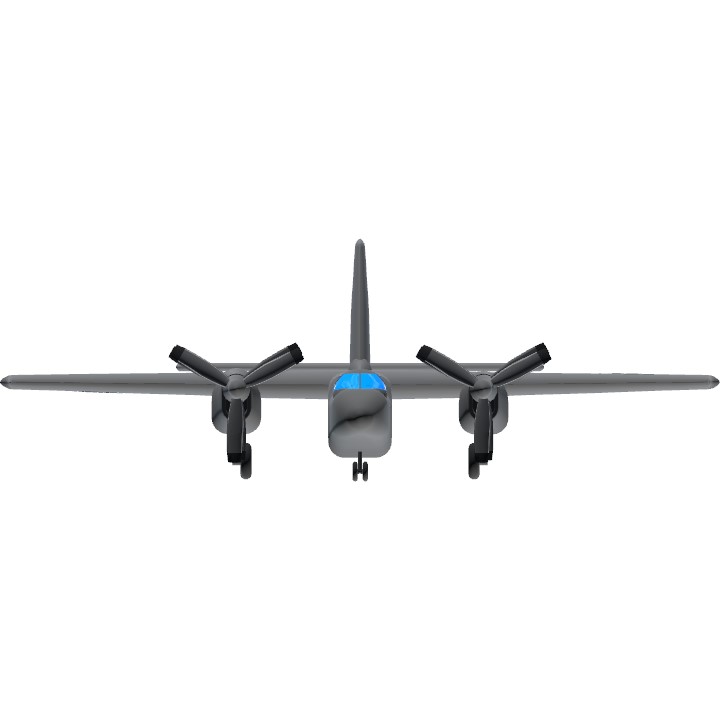
@dINE mod map
@M4riusTh34ViationFan wdym gis?
whats the gis in the 2nd pic?